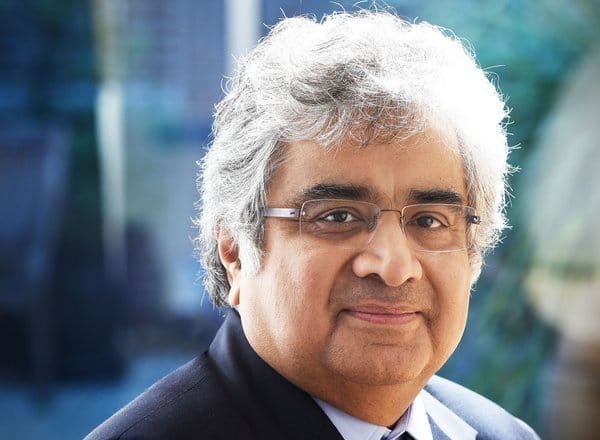Photo courtesy: social media
New Delhi, Jan 11.
Lawyers in the United Kingdom are bound to accept any case that comes to them if their dates are not previously blocked and are free, senior advocate Harish Salve said in the Supreme Court on Wednesday.
“Now that I work in a different legal jurisdiction, I should share that lawyers in the UK have to accept any case that comes to them if their diary is not blocked,” Salve told a five-judge bench. So, I may be here but my assistant has to keep my diary there, he said.
The bench is hearing a curative by the government of India seeking to reopen the Union Carbide settlement after over 30 years. His remarks came amidst an exchange over senior advocate Fali S. Nariman expressing regret over defending Union Carbide in his memoirs.
Nariman had said that the company was accepting responsibility for the Bhopal gas leak and his submission had paved the way for a settlement, Salve said. “Only to regret it later,” Attorney General R. Venkataramani reminded Salve.
In response to Venkataramani’s statement, Salve said that lawyers in the UK don’t have the option of turning away a client if their diary is not blocked.
One doesn’t have the option of refusing a brief on the ground that it was a bad case, Salve suggested. Justice Sanjay Kishan Kaul, who was leading the bench, remarked in the lighter vein that he was sure that Mr Salve’s diary was always full.
In India, in contrast, where implementation of professional standards is lax, lawyers pick and choose cases they can appear in. As a consequence, the most competent lawyers often charge the highest fees and appear in cases of their choice.
This makes successful lawyers unaffordable and inaccessible to the general public. There are also sporadic incidents of lawyers’ associations demanding, through resolutions passed at the bar, to unanimously not defend accused in some heinous cases. This is also against the rule book.
The government has since yesterday when the hearing on its curative to reopen the Union Carbide settlement began, trying to unsuccessfully prevail upon the top court to examine its claims that the subsequent liabilities had rendered the earlier settlement inadequate.
The court is sceptical over the move to reopen the case after well over three decades.
While the payments were expected to be around Rs 3000 odd crore, now the government is claiming that the subsequent casualties and injuries would entail a payment of over Rs 30,000 crore. The bench has demanded answers from it as to why it had not paid the amount to the affected so far.
A welfare state would first pay and later recover, the bench said. “In any case, why is Rs 50 cr still lying with the RBI,” it had asked yesterday. Union Carbide on its part has said that it was unwilling to pay anything more for the 1984 leak.
The case was settled under the SC aegis in 1989 for 750 crores. The government is now seeking an additional Rs 7413 cr from Union Carbide.

